Do birds eat grass seed ? This question might catch some off guard, especially those who believe birds exclusively feast on worms and insects. Contrary to this common assumption, birds boast a broad dietary spectrum that certainly encompasses grass seeds. These seeds, once strewn upon the earth, serve as a delectable spread for them, with grass seeds taking a prime spot in their diverse menu.
Why does this matter, you ask? For starters, if you’re trying to grow a lush lawn or a secret garden, understanding what attracts these winged visitors can save you a lot of headaches (and seeds). Birds, with their sharp eyesight, can spot those seeds from a mile away and swoop in for a feast, leaving your garden looking a bit bald.
But here’s the kicker – it’s not all birds that go gaga over your grass seeds. Different species have different tastes. Some of the usual suspects include sparrows, finches, and pigeons. They’re the ones you’ll find frolicking around your garden more often than not, looking for a snack.
How to Protect Your Grass Seed from Birds
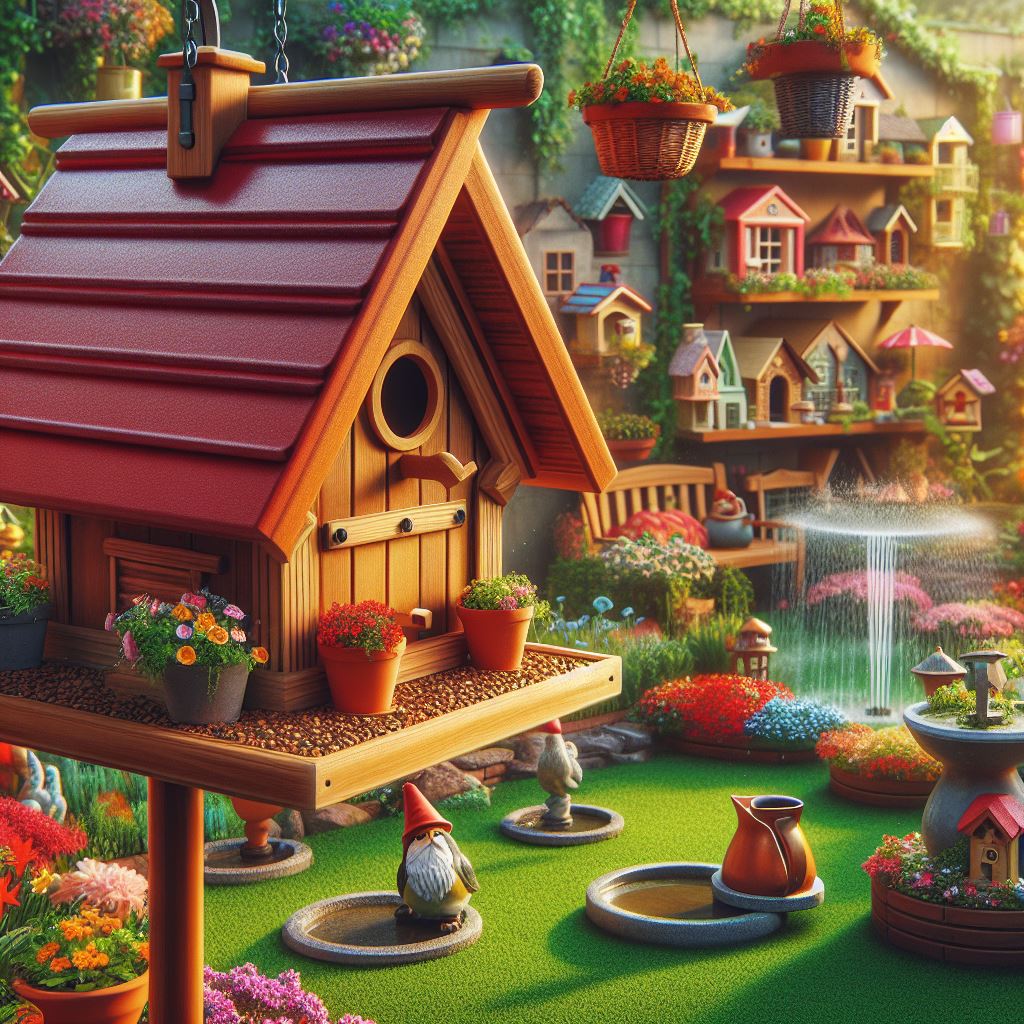
Now that we’ve established that birds do indeed have a taste for grass seed, the next logical step is figuring out how to protect those precious seeds from becoming bird brunch. Fear not, for I have some tricks up my sleeve that will keep your garden safe and sound.
First off, let’s talk about netting. It’s like putting a shield over your garden. By covering the seeded areas with a fine mesh, birds won’t be able to get to the seeds, but water and sunlight will still pass through, ensuring your seeds can grow undisturbed.
Another nifty trick is to use straw as a disguise. A thin layer of straw over the seeded areas can camouflage the seeds from birds. Plus, it helps retain moisture, which is a win-win for seed germination.
If you’re feeling a bit more tech-savvy, reflective tapes and scarecrows can work wonders. These methods play on birds’ fear of predators and unexpected movements, keeping them at bay without causing them harm.
And let’s not forget about the ultimate distraction – bird feeders. Placing bird feeders away from the seeded areas can divert their attention and satisfy their hunger without sacrificing your grass seeds. It’s like telling the birds, “Look, here’s a free buffet, no need to munch on my garden!”
Incorporating these strategies not only protects your garden but also promotes a bird-friendly environment. It’s about coexisting with nature in a way that benefits both your garden and the local wildlife.
By addressing these initial concerns with a blend of myth-busting and practical advice, we lay a solid foundation for understanding the dynamics between birds and grass seeds. Stay tuned as we delve deeper into creating a bird-friendly yet secure garden in the following sections.
- Do Birds Eat Grass Seeds
- Understanding Birds and Grass Seed – The Unexpected Benefits
- Creating a Bird-Friendly Garden Without Sacrificing Your Lawn
- The Bigger Picture: Birds and Ecosystem Health
Do Birds Eat Grass Seeds
Contrary to popular belief, guarding your grass seed from our feathered friends doesn’t require scarecrows or running around your yard clapping your hands like a mad person. Let’s talk about smarter, less exhausting methods.
Get to Know Your Enemy: Birds’ Favorite Seeds
Do birds eat grass seed ? Absolutely, but they’re selective about it. Not all grass seeds are equally desirable to our feathered friends. Knowing their preferences, such as their fondness for millet over less appealing options like ryegrass, can guide you in strategizing your garden’s protection.
The Art of Distraction
Creating a distraction can be as simple as setting up a bird feeder away from the newly seeded area. Fill it with something irresistible, like sunflower seeds or cracked corn, to keep them busy. It’s like inviting them to a buffet so they’ll forget about the gourmet meal you’re trying to grow in your lawn.
Tactical Coverings: The Physical Barrier
Physical barriers can be your best friend. Lightweight netting or garden fleece laid over the seeded areas prevents birds from getting to the seeds without blocking sunlight or moisture. It’s like putting a security guard on your lawn but much cheaper and less intimidating.
Timing is Everything
Planting your seeds at the right time can also play a crucial role. Early spring or late summer are ideal, as birds’ natural food sources are more abundant, making your grass seed less attractive. It’s all about playing hard to get with your seeds.
Understanding Birds and Grass Seed – The Unexpected Benefits

Now, let’s flip the script. While keeping birds away from your grass seed sounds like a full-time job, there are actually some benefits to having them around.
Nature’s Pest Control
Birds eat more than just grass seed—they’re also on the lookout for insects. Many of these insects are harmful to your garden and lawn. So, think of birds as your personal pest control squad, working the graveyard shift to keep your yard pest-free.
The Great Seed Dispersal
Believe it or not, not all the seeds they munch on get digested. Birds can help in dispersing grass seed to other areas of your lawn, potentially filling in those pesky bare spots without any extra work from you. It’s nature’s way of giving you a helping hand.
A Healthy Ecosystem
Having birds in your garden promotes biodiversity, creating a more resilient and healthy ecosystem. They contribute to the control of pests, pollination of plants, and even the fertilization of your soil through their droppings. It’s a win-win situation for everyone involved.
By understanding both the challenges and benefits of birds in relation to grass seed, you can create a more bird-friendly environment while still achieving that lush, green lawn of your dreams. Stay tuned as we explore more tips and tricks in our upcoming sections.
Creating a Bird-Friendly Garden Without Sacrificing Your Lawn
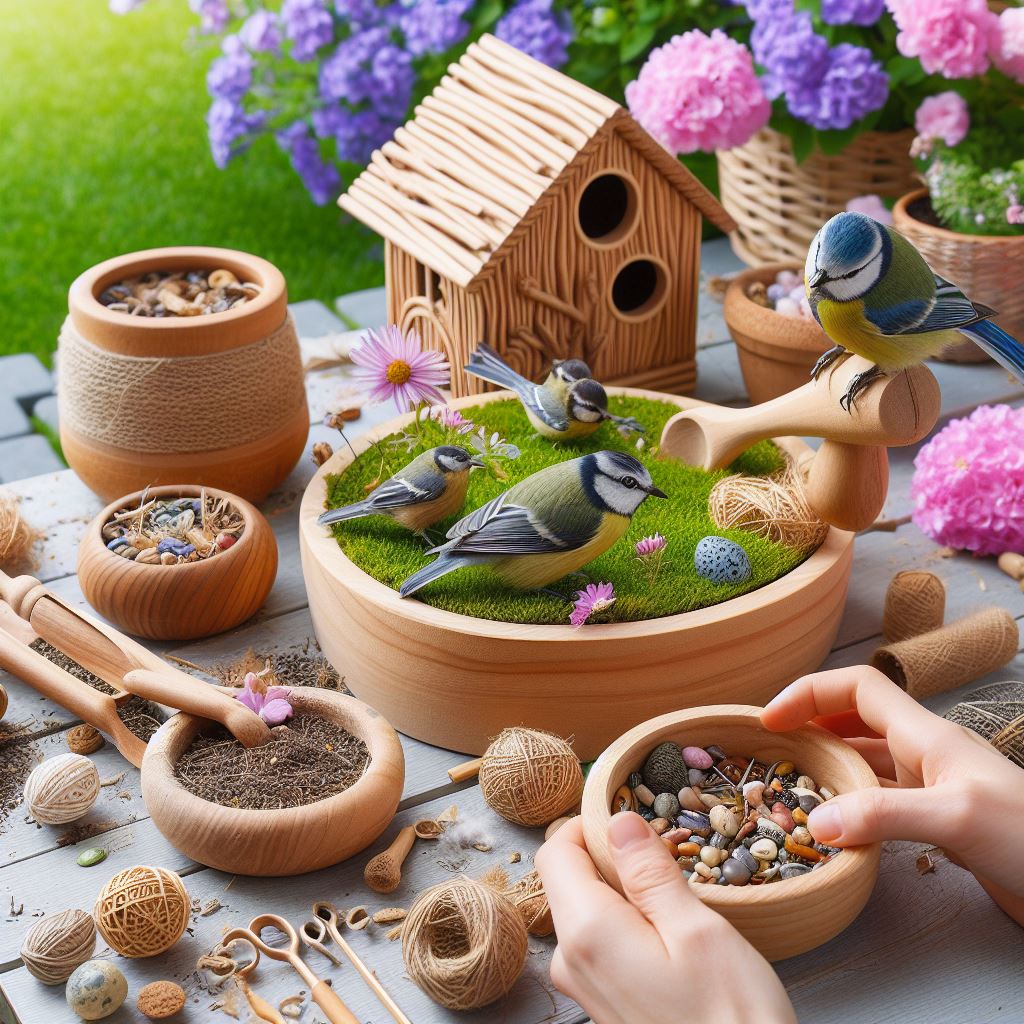
The Right Kind of Bird Feeders
Not all bird feeders are created equal. Choosing the right kind can make a huge difference. Tube feeders, suet feeders, and scatter-free designs help minimize mess while providing a feast for your feathered friends. Plus, they keep the seeds off your lawn and in the birds’ bellies where they belong.
Water Features: Birds’ Delight
A simple birdbath or a small pond can turn your garden into a bird sanctuary. Birds need water not just for drinking but also for bathing. It’s like installing a spa for your garden guests, encouraging them to stick around without do birds eat your grass seed.
Nesting Boxes and Natural Shelters
Offering a safe place for birds to nest and take shelter can make your garden a year-round home for them. Nesting boxes, shrubbery, and trees provide excellent cover and nesting spots. It’s all about giving them a cozy corner in your garden.
Garden Layout Matters
Designing your garden with birds in mind can protect your lawn and make your garden a paradise for birds. Strategic placement of feeders, water sources, and shelters keeps the birds happy and away from your grass seed. It’s like zoning for wildlife.
The Bigger Picture: Birds and Ecosystem Health
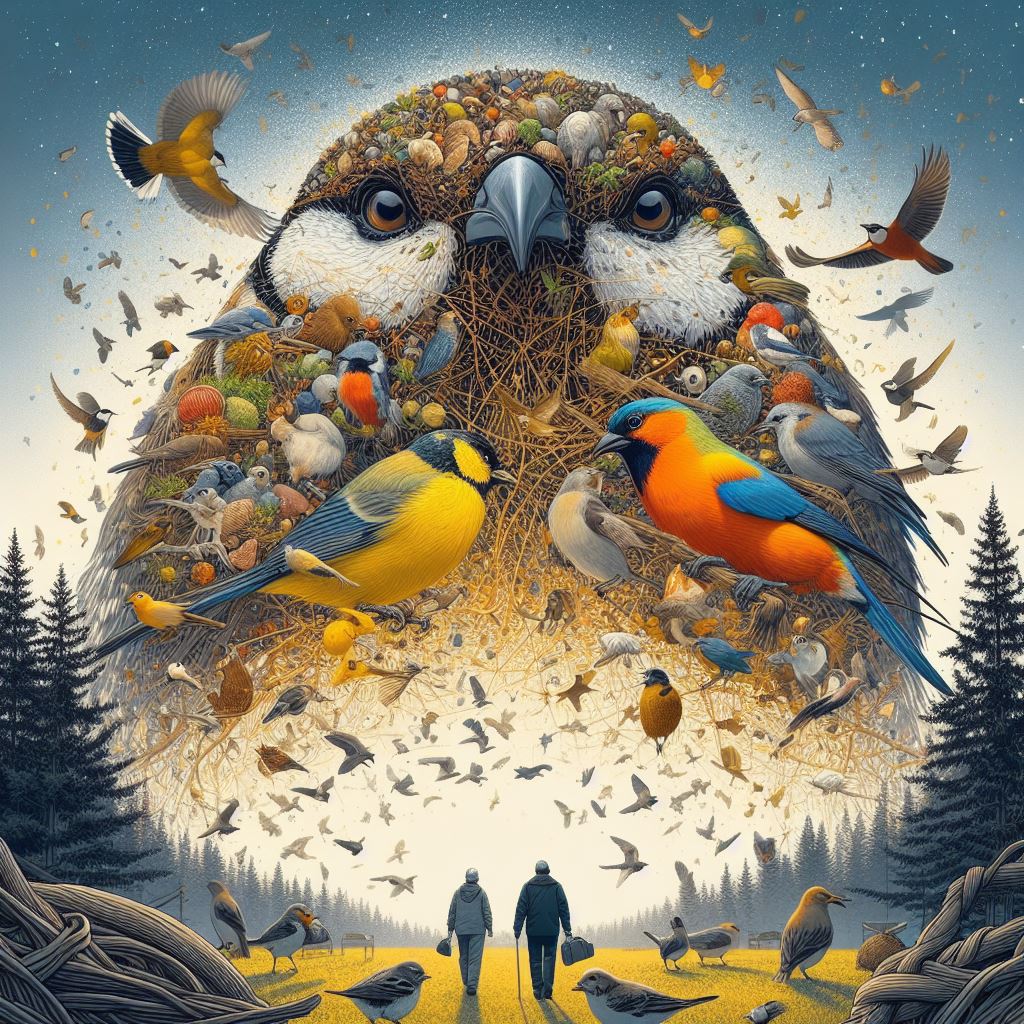
Birds as Indicators of Ecosystem Health
Birds are like the canaries in the coal mine for our environment. A diverse bird population signals a healthy ecosystem. They play a crucial role in controlling pests, pollinating plants, and spreading seeds, contributing to the balance and health of our gardens.
The Role of Birds in Pollination and Seed Dispersal
While not all birds are pollinators, those that are can be vital in the pollination of many plants. Furthermore, birds assist in seed dispersal, helping to propagate various plant species, ensuring our gardens are vibrant and diverse.
Supporting Local Wildlife
By making our gardens welcoming to birds, we’re supporting local wildlife. In urban and suburban areas, where natural habitats are increasingly scarce, our gardens can serve as vital refuges for birds and other wildlife, fostering biodiversity right in our backyards.
You may stop do birds eat grass seed
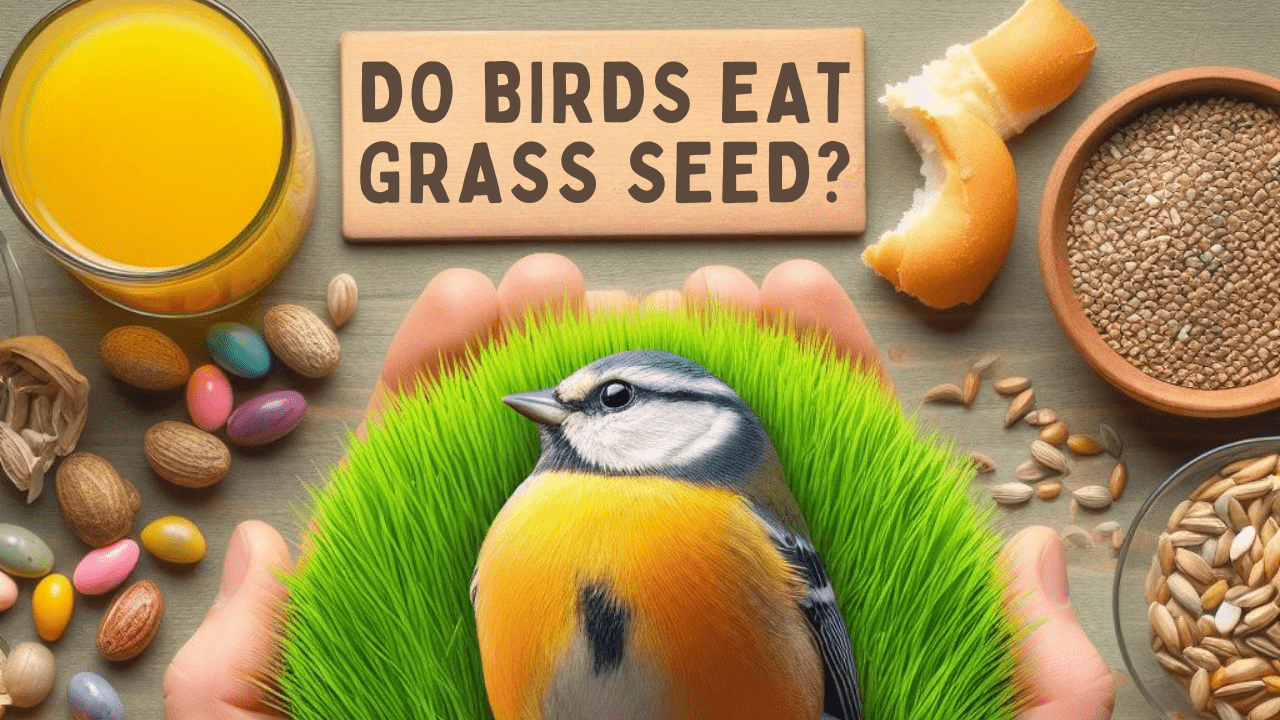
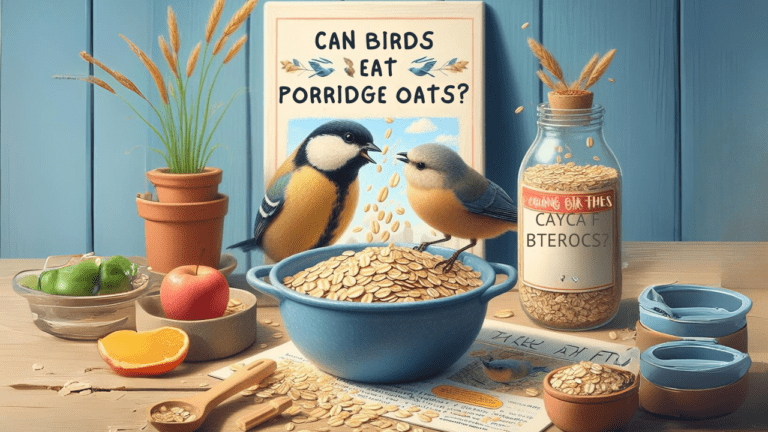
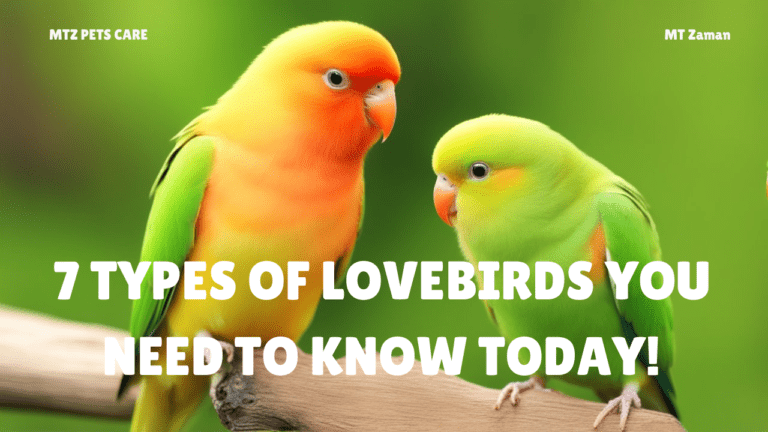
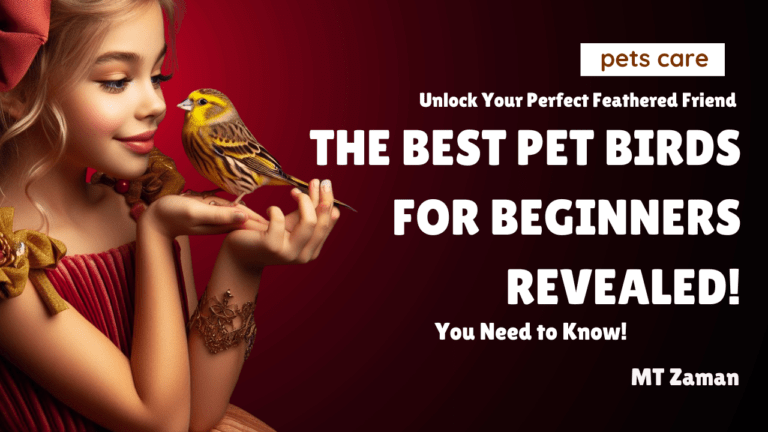
Wow, what an intriguing read! “Do Birds Eat Grass Seed?” had me hooked from the title itself. It’s fascinating to delve into the dietary habits of our feathered friends.
The comprehensive insights you’ve provided shed light on a topic many may not have considered. Understanding birds’ dietary preferences, including their potential consumption of grass seed, adds another layer to our appreciation of these remarkable creatures.
And can we talk about the brilliant pictures in your blog post? They truly bring the subject to life, offering visual cues that complement your informative content perfectly. The combination of insightful writing and captivating visuals makes for an enriching reading experience.
Thank you for sharing such valuable knowledge. I’ll definitely be looking at our avian neighbors in a whole new light!
Thanks so much for the lovely feedback! I’m glad you enjoyed the bird seed article and found it insightful. The visuals were key, and I’m happy they complemented the writing. Comments like yours keep me going, so thank you for reading and keep exploring the natural world!